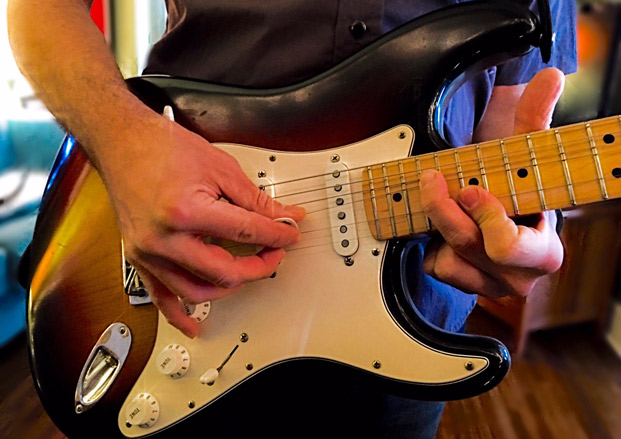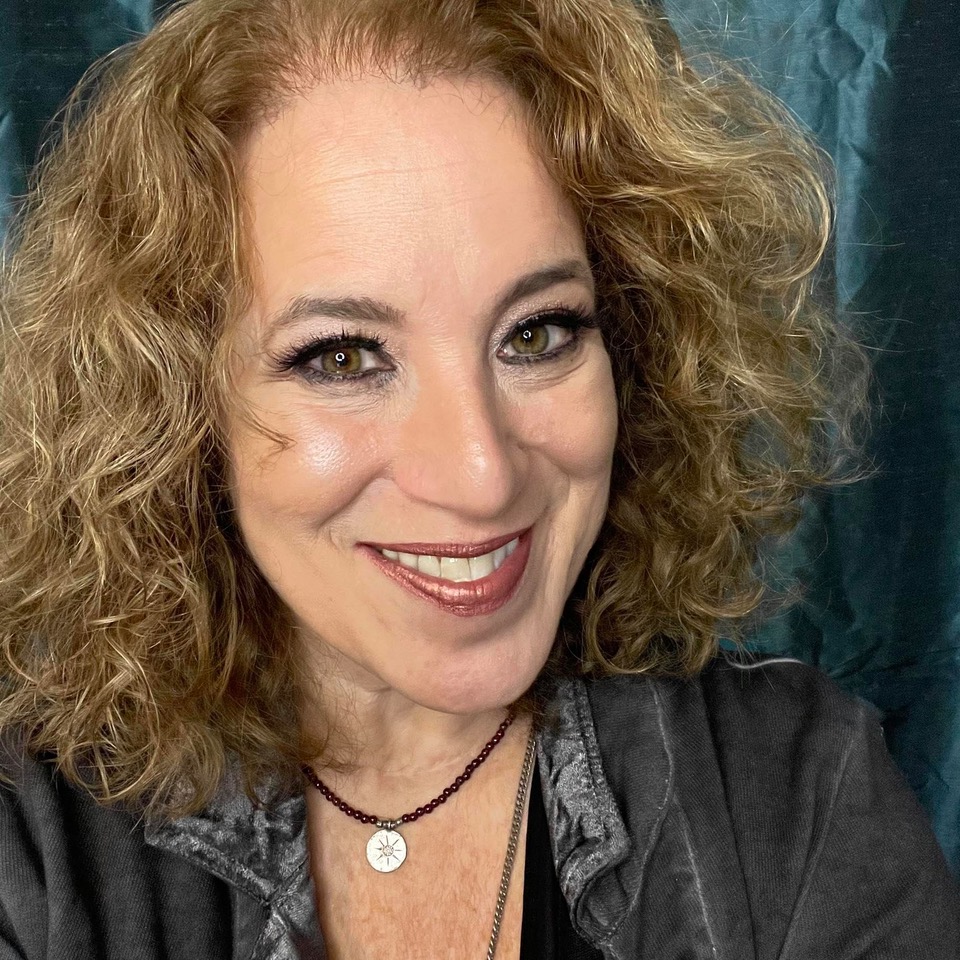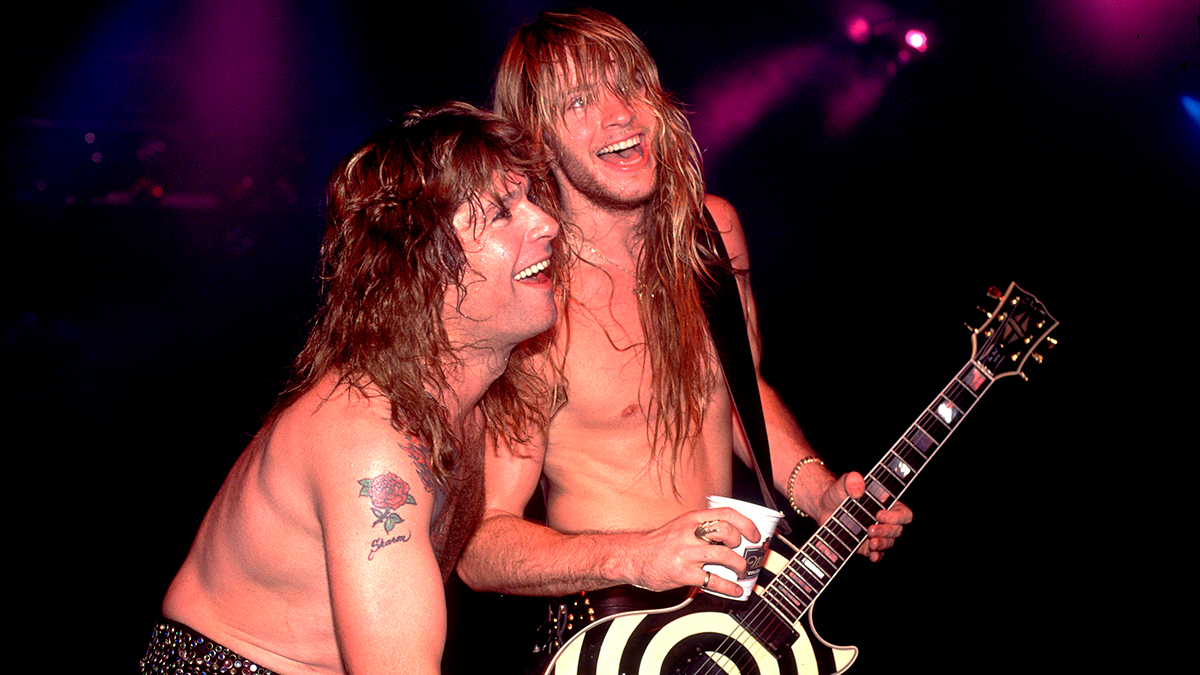10 Reasons Today’s Music Industry Doesn’t Suck

There have been a ton of articles and posts published lately about the dire straits of the music industry. And most of them have several good points.
But is it all woefully bad? Should we just throw in the towel?
If you think so, then just move along and let someone else read this story. Look, am I saying that it’s all rosy and perfect? No way. But there are opportunities out there that didn’t exist a few years ago, and it’s up to you to take advantage of them.
Without a doubt, there are some positive developments resulting from recent changes in the industry. Here are a few.
1. There are more options than ever to get your music heard. With loads of media outlets, blogs, distribution sites and more, there’s no doubt you can take matters in your own hands when it comes to music distribution.
2. You can connect more directly with your fans than ever. And you can gather more information on them than ever before, too. You can know straight from the source which are their favorite songs, performances, where they live, what venues they like and so much more. Plus using crowd-funding sites like Kickstarter, you can get fans to fund your next project.
3. Not only are there more options than ever for selling your music, there are more options for selling other things, like merchandise. Now fans don’t need to come to a show to buy a T-shirt or hat. And you can bundle items and market them on your own using sites like Nimbit or other DIY marketing sites.
All the latest guitar news, interviews, lessons, reviews, deals and more, direct to your inbox!
4. Technology has evolved to the point where you can create a really decent recording in your home. And if you don’t want to do it yourself, you can probably find someone who will do it for you for a fraction of what recording used to cost. Big budgets are out.
5. It’s easier to find other musicians to play with. I just moved to a new town. I can connect online and find open mics, jams and great shows, plus there’s a forum where musicians can share info and tips.
6. Uploading a live video of yourself shot during a local gig is totally acceptable. The production quality doesn’t have to be amazing. You actually don’t have to spend anything on it at all.
7. Social media can connect you to mentors that you never would have been able to speak to. Take SongTown USA. Moderated by two hit Nashville songwriters, this Facebook group offers daily tips, assistance and connection among pros and those just starting out. That accessibility can also extend to music supervisors, publishers and more.
8. Programs like Skype and Facetime enable you to collaborate with folks anywhere in the world. I regularly write with someone in Alabama, even though I’m based in Boston. Some let you record your sessions so you can easily refer to what you did. Plus you can share huge files now pretty easily, so it’s possible to collaborate in recordings with musicians the world over.
9. There are alternate sources that require music, and they’ll pay for it. Indie films, online web series, video games, videos about video games, TV commercials and their long forms online, and so much more. Figure out where the opportunities are and go for it.
10. It’s more acceptable to play in non-traditional spaces. Think beyond clubs and coffee shops. I’ve seen live music in department stores, banks, train stations, farmers markets, supermarkets, kids camps, conferences, yoga studios, hospital lobbies, anywhere that people gather. Don’t be afraid to suggest something new to a space that might be music worthy.
11. Musicians are incorporating traditional instruments into popular music in new and inventive ways. I've recently seen pairings like synthesizer and cello, distorted guitars and violin, two saxophones and drums and many more. So dust off that instrument you used in high school or grab a classical-focused friend and do something new. People will listen.
There are probably a ton more reasons we could talk about here, but the point is, instead of focusing on the negative, go do something. There are loads of tools at your fingertips that you can use right now to help you pursue your passion. So quit yer whining and make it happen.
Laura B. Whitmore is a singer/songwriter based in the Boston metro area. She has spent over two decades doing marketing, PR and artist relations for several guitar-related brands including Marshall and Vox. Her company, Mad Sun Marketing, represents Peavey, Dean Markley, MusicFirst, SIR Entertainment Services, Guitar World and many more. Laura is the founder of the Women's International Music Network at thewimn.com and the producer of the She Rocks Awards. More at mad-sun.com.
Laura B. Whitmore is a music industry marketing veteran, music journalist and editor, writing for Parade.com, Guitar World, and others. She has interviewed hundreds of musicians and hosts the She Rocks Podcast. As the founder of the Women’s International Music Network, she advocates for women in the music industry and produces the annual She Rocks Awards. She is the Senior Vice President of Marketing for Positive Grid, making the world safe for guitar exploration everywhere! A guitarist and singer/songwriter, Laura is currently co-writing an album of pop songs that empower and energize girls.

